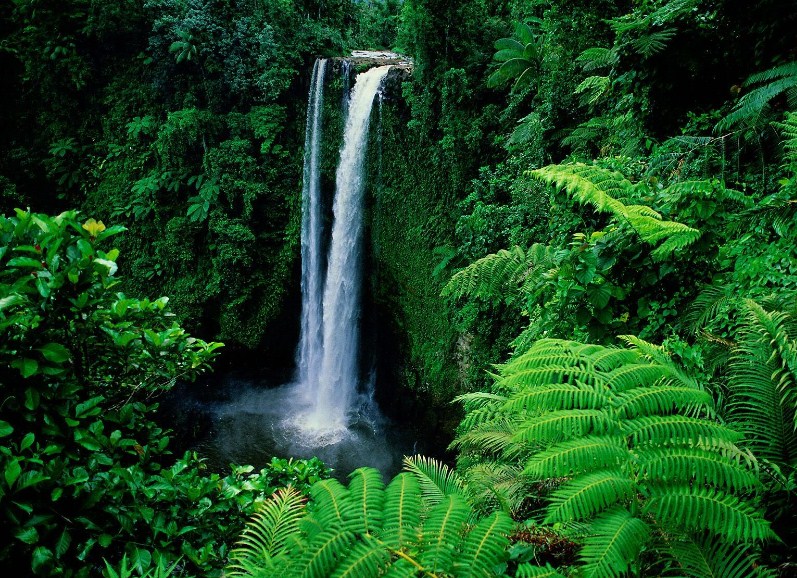The Democratic Republic of Congo (DRC) is a country endowed with immense natural wealth, including timber, oil and gas, gold and diamonds, as well as minerals critical to the energy transition, like cobalt and copper. However, the exploitation of these resources has often been associated with conflicts, corruption, environmental degradation, and human rights violations. To address these challenges, a new initiative called CORAC (Coalition for Responsible and Accountable Congolese Natural Resources) was launched on December 12, 2023, by a group of civil society organizations, private sector actors, and international partners.
What is CORAC and what are its objectives?
CORAC is a multi-stakeholder platform that aims to foster ethical and sustainable governance of the DRC’s natural resources, in line with the country’s national development plan and the 2030 Agenda for Sustainable Development. CORAC’s vision is to create a transparent, inclusive, and accountable natural resource sector that contributes to the peace, prosperity, and well-being of the Congolese people and the planet.
According to its founding document, CORAC has four main objectives:
- To promote dialogue and collaboration among different actors involved in the natural resource sector, such as the government, civil society, private sector, local communities, and international partners.
- To advocate for the implementation and enforcement of legal and regulatory frameworks that ensure the respect of human rights, environmental standards, and fiscal obligations in the natural resource sector.
- To support the development and dissemination of good practices and innovative solutions that enhance the social, economic, and environmental benefits of natural resource management, such as traceability, certification, value addition, and diversification.
- To monitor and report on the performance and impact of the natural resource sector, using credible and verifiable data and indicators, and to hold accountable those who violate the principles and norms of responsible natural resource management.
Who are the members and supporters of CORAC?
CORAC is composed of 12 founding members, representing different segments of the natural resource sector in the DRC. These are:
- The Congolese Association of Forest Industries (ACIB)
- The Congolese Chamber of Mines (CCM)
- The Congolese Coalition for Transparency and Accountability in Extractive Industries (CCTAE)
- The Congolese Network of Civil Society Organizations for the Environment (RECOPE)
- The Federation of Congolese Enterprises (FEC)
- The National Confederation of Agricultural Producers of Congo (CONAPAC)
- The National Union of Oil Companies of Congo (UNOC)
- The Observatory of Governance and Peace (OGP)
- The Platform of Civil Society Organizations for the Protection of Human Rights Defenders (POCIP)
- The Platform of Women Leaders in the Natural Resource Sector (PFLEN)
- The Syndicate of Artisanal and Small-Scale Miners of Congo (SYNAPAMICO)
- The Syndicate of Oil Workers of Congo (SYTRAPCO)
CORAC also receives technical and financial support from several international partners, such as:
- The Central African Forest Initiative (CAFI), a UN trust fund and policy dialogue platform that supports six Central African countries in pursuing a low-emission development pathway that ensures economic growth and poverty reduction while protecting the forests and natural resources.
- The European Union (EU), which provides funding and expertise for the implementation of the Voluntary Partnership Agreement (VPA) between the EU and the DRC, a legally binding trade agreement that aims to improve forest governance and ensure that only legal timber products are exported to the EU market.
- The Extractive Industries Transparency Initiative (EITI), a global standard for the governance of oil, gas, and mineral resources, which requires the disclosure of information on the management of the extractive sector, such as contracts, revenues, expenditures, and social and environmental impacts.
- The World Bank, which supports the DRC in the implementation of several projects and programs related to the natural resource sector, such as the Forest Investment Program (FIP), the Mining Governance and Growth Support Project (PAGSEM), and the Sustainable Management of Mineral Resources Project (PROMINES).
What are the expected outcomes and impacts of CORAC?
CORAC hopes to achieve a number of outcomes and impacts through its activities and interventions, such as:
- Increased awareness and knowledge of the opportunities and challenges of the natural resource sector among different stakeholders and the general public.
- Improved dialogue and cooperation among different actors in the natural resource sector, leading to the resolution of conflicts, the identification of common interests, and the creation of synergies and partnerships.
- Enhanced capacity and empowerment of civil society and local communities to participate in and influence the decision-making processes and the oversight mechanisms related to the natural resource sector.
- Strengthened legal and regulatory frameworks and institutions that ensure the effective and efficient management of the natural resource sector, in accordance with the national and international standards and obligations.
- Increased transparency and accountability in the natural resource sector, resulting in the reduction of corruption, fraud, tax evasion, and illicit financial flows, and the improvement of revenue collection and allocation.
- Improved social, economic, and environmental performance and impact of the natural resource sector, contributing to the creation of decent jobs, the generation of inclusive growth, the reduction of poverty and inequality, the protection of human rights and the environment, and the mitigation and adaptation to climate change.
CORAC believes that by championing ethical and sustainable governance of the DRC’s natural resources, it can help the country to harness its natural wealth for the benefit of its people and the planet, and to achieve its vision of becoming a peaceful, prosperous, and resilient nation.

